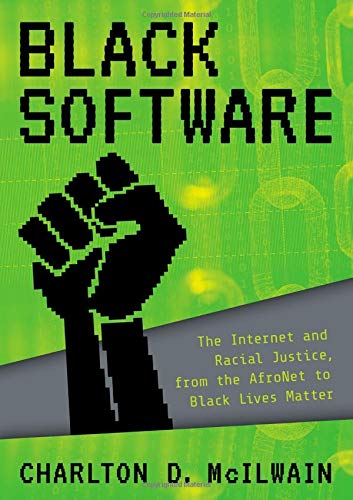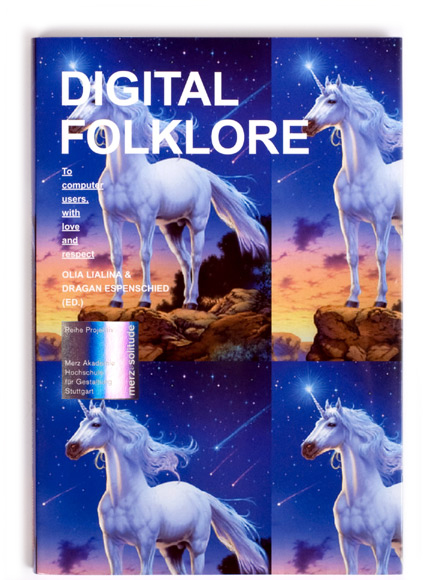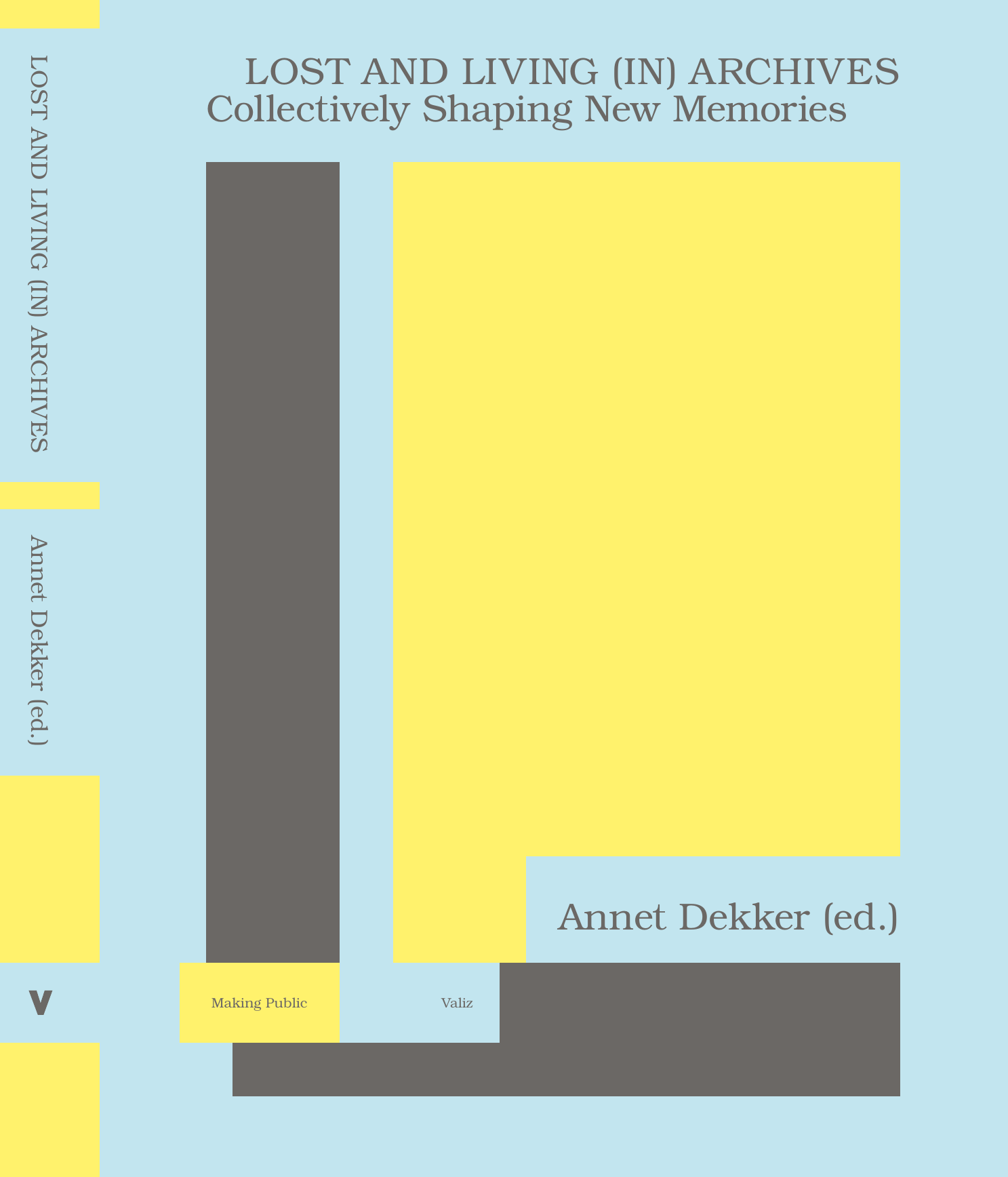Annet Dekker (ed.): Lost and Living (in) Archives: Collectively Shaping New Memories (2017)
Filed under book | Tags: · activism, archive, archiving, art, collectivism, digital media, documentation, internet, living archive, media, media activism, media culture, memory, web
“Archives are collections of records that are preserved for historical, cultural and evidentiary purposes. As such, archives are considered as sites of a past, places that contain traces of a collective memory of a nation, a people or a group. Digital archives have changed from stable entities into flexible systems, at times referred to with the term ‘Living Archives’. In which ways has this change affected our relationship to the past? Will the erased, forgotten and neglected be redeemed, and new memories be allowed? Will the fictional versus factual mode of archiving offer the democracy that the public domain implies, or is it another way for public instruments of power to operate? Lost and Living (in) Archives shows that archives are not simply a recording, a reflection, or an image of an event, but that they shape the event itself and thus influence the past, present and future.
Contributors: Babak Afrassiabi, Dušan Barok, Tina Bastajian, Nanna Bonde Thylstrup, Özge Çelikaslan, Annet Dekker, Olia Lialina, Manu Luksch, Nicolas Malevé, Aymeric Mansoux, Michael Murtaugh, Josien Pieterse, Ellef Prestsæter, Robert Sakrowski, Stef Scagliola, Katrina Sluis, Femke Snelting, Igor Štromajer, Nasrin Tabatabai.”
Publisher Pia Pol, Valiz, Amsterdam, 2017
Making Public series
Creative Commons BY-NC-ND 3.0 NL License
ISBN 9789492095268, 9492095262
285 pages
Reviews: Alessandro Ludovico (Neural, 2018), Natacha Yahi (Critique d’art, 2019, EN/FR).
PDF (16 MB)
Comment (0)Charlton D. McIlwain: Black Software: The Internet and Racial Justice, from the AfroNet to Black Lives Matter (2020)
Filed under book | Tags: · activism, afronet, black people, computing, history of computing, history of technology, internet, race, racism, technology

“Activists, pundits, politicians, and the press frequently proclaim today’s digitally mediated racial justice activism the new civil rights movement. As Charlton D. McIlwain shows in this book, the story of racial justice movement organizing online is much longer and varied than most people know. In fact, it spans nearly five decades and involves a varied group of engineers, entrepreneurs, hobbyists, journalists, and activists. But this is a history that is virtually unknown even in our current age of Google, Facebook, Twitter, and Black Lives Matter.
Beginning with the simultaneous rise of civil rights and computer revolutions in the 1960s, McIlwain, for the first time, chronicles the long relationship between African Americans, computing technology, and the Internet. In turn, he argues that the forgotten figures who worked to make black politics central to the Internet’s birth and evolution paved the way for today’s explosion of racial justice activism. From the 1960s to present, the book examines how computing technology has been used to neutralize the threat that black people pose to the existing racial order, but also how black people seized these new computing tools to build community, wealth, and wage a war for racial justice.
Through archival sources and the voices of many of those who lived and made this history, Black Software centralizes African Americans’ role in the Internet’s creation and evolution, illuminating both the limits and possibilities for using digital technology to push for racial justice in the United States and across the globe.”
Publisher Oxford University Press, 2020
ISBN 9780190863845, 0190863846
xi+296 pages
Video interview with author (Morning Joe, MSNBC, 2019).
Podcast interview with author (The Human and the Machine, 2019).
Reviews: Lori Emerson (LA Review of Books, 2021), Brian Alleyne (Computational Culture, 2021).
PDF (7 MB)
Comment (0)Olia Lialina, Dragan Espenschied (eds.): Digital Folklore: To Computer Users, with Love and Respect (2009)
Filed under book | Tags: · amateur culture, folklore, internet, internet culture, media art, memes, net culture, network culture, web

“Technical innovations shape only a small part of computer and network culture. It doesn’t matter much who invented the microprocessor, the mouse, TCP/IP or the World Wide Web and what ideas were behind these inventions. What matters is who uses them. Only when users start to express themselves with these technical innovations do they truly become relevant to culture at large.
Users’ endeavors, like glittering star backgrounds, photos of cute kittens and rainbow gradients, are mostly derided as kitsch or in the most extreme cases, postulated as the end of culture itself. In fact this evolving vernacular, created by users for users, is the most important, beautiful and misunderstood language of new media.
As the first book of its kind, this reader contains essays and projects investigating many different facets of Digital Folklore: online amateur culture, DIY electronics, dirtstyle, typo-nihilism, memes, teapots, penis enlargement, …” (from the back cover)
Contributors: Cory Arcangel, Julia Böger, Manuel Buerger, Helene Dams, Dragan Espenschied, Jörg Frohnmayer, Mark Grimm, Christopher Heller, Yunchul Kim, Dennis Knopf, Stefan Krappitz, Florian Kröner, Tobias Leingruber, Olia Lialina, Leo Merz, Bernadette Neuroth, o+ro, johannes p osterhoff, Isabel Pettinato, Michael Ruß, Alexander Schlegel, Bert Schutzbach, Siegfried Zielinski.
Publisher Merz & Solitude (Merz Akademie & Akademie Schloss Solitude), Stuttgart, 2009
Reihe Projektiv series
Designer Manuel Buerger
ISBN 9783937982250, 3937982256
287 pages
Reviews: Pau Waelder (Furtherfield, 2010), Kevin McGarry (Rhizome, 2010), Regine Debatty (We Make Money Not Art, 2010), Alessandro Ludovico (Neural, 2010), Richard Schwarz (The Gap, 2010, DE), Marie Lechner (Libération, 2010, FR), Stefania Bercu (Masters of Media, 2010).
Book website
Publisher
WorldCat
PDF (27 MB)
Comment (0)

